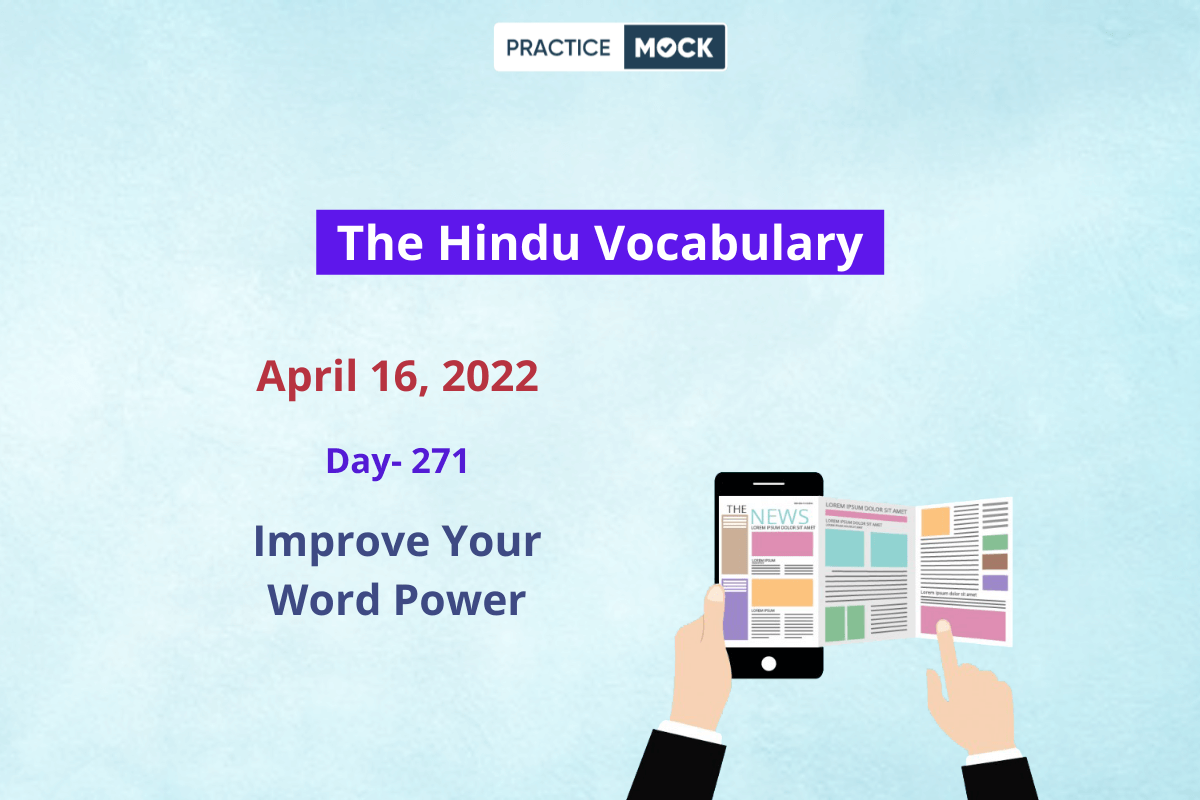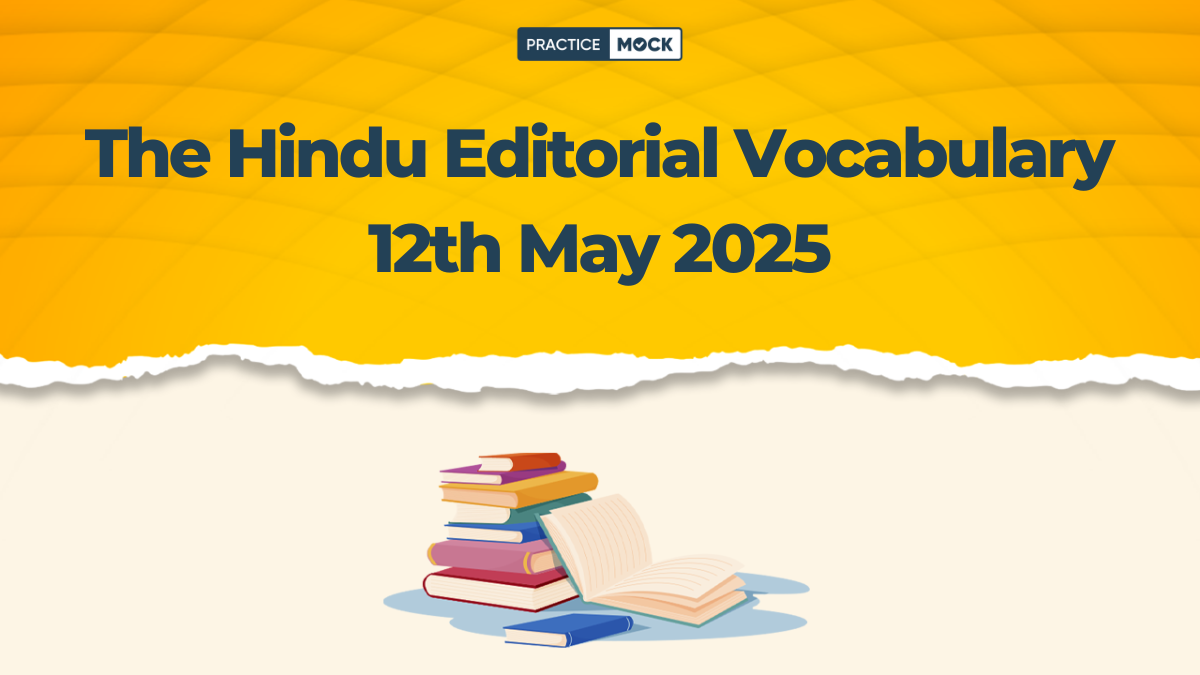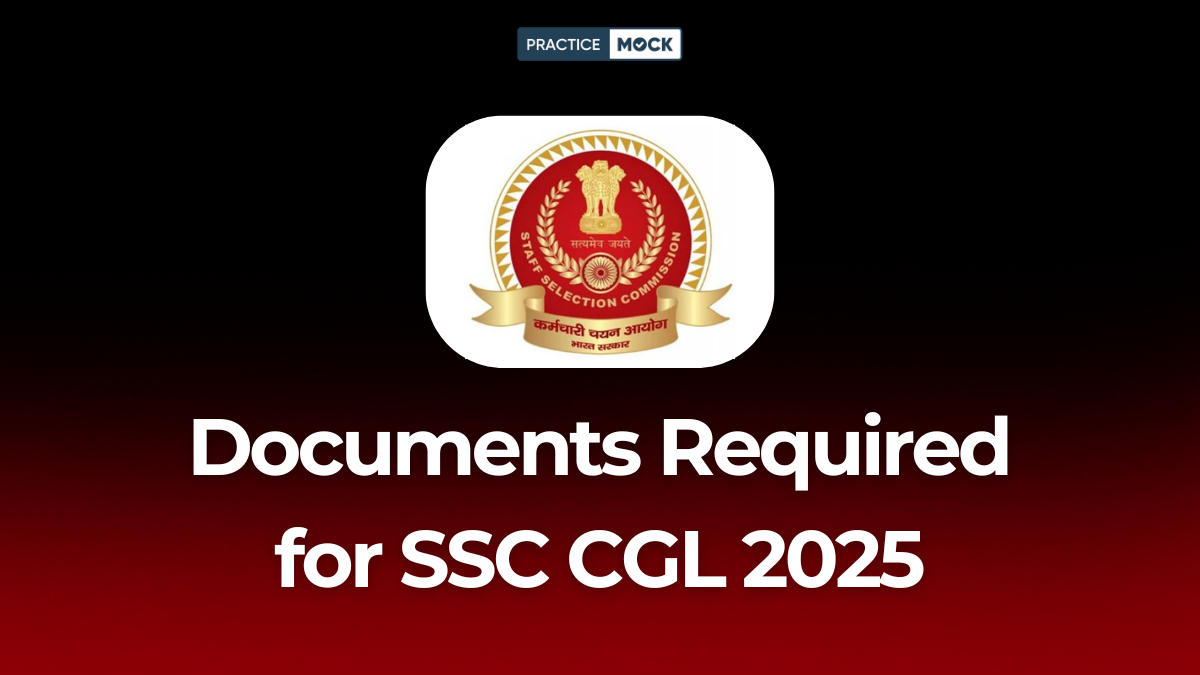The Hindu Editorial Vocabulary– Apr 16, 2022; Day 271


| Difficult Word/ Phrase | Contextual Sense |
| Work-in-progress | A piece of work that is not yet finished |
| Litigation | a legal proceeding in a court; a judicial contest to determine and enforce legal rights |
| Emphasis | Special importance or significance |
| Mandate | Make something required by rule |
| Dubious | Open to doubt or suspicion |
| Proficient | Having or showing knowledge and skill and aptitude |
| Wherewithal | The necessary means (especially financial means) |
| Rule out | Include or exclude by determining judicially or in agreement with rules |
| Backdrop | The context and environment in which something is set |
| Pragmatic | Concerned with practical matters |
Take two: On dual degree programme
Allowing the pursuit of two courses simultaneously in physical mode is problematic
The dual degree academic programme, a work-in-progress (A piece of work that is not yet finished), and the subject of much litigation (a legal proceeding in a court; a judicial contest to determine and enforce legal rights) for years, has finally been given legal sanctity by the University Grants Commission. The higher education regulatory body’s notified guidelines will enable students to simultaneously pursue two academic programmes at multiple levels except for PhD courses. It has projected it as a logical extension of the National Education Policy 2020, with its emphasis (Special importance or significance) on facilitating multiple pathways to learning using formal and non-formal modes. The UGC has proposed a three-way choice involving a combination of offline only; offline with distance mode; and distance/online only modes for dual programmes. The UGC has done well to mandate (Make something required by rule) that open/distance learning and online mode courses should be pursued only in higher education institutions recognised by statutory bodies. This would also eliminate dubious (Open to doubt or suspicion) players in the online education segment.
Granting students the liberty to enhance their skills and scope of employability through an additional degree is welcome. But the guidelines call for critical evaluation given the nature of competition, accessibility and academic-cum-physical infrastructure issues in colleges and universities. The UGC has said a student can also pursue two full-time programmes in physical mode. This is problematic as it might prompt students, who are academically proficient (Having or showing knowledge and skill and aptitude) or with the economic wherewithal (The necessary means (especially financial means)), to corner seats in two in-demand courses. Such a situation is best avoided in the context of the country’s poor college density — colleges per lakh population (in the 18-23 age group). In the All India Survey on Higher Education Report 2019-20, the national average college density stands at 30. The UGC’s Furqan Qamar Committee, which a decade ago recommended dual programmes with a second degree in open/distance mode, had ruled out (Include or exclude by determining judicially or in agreement with rules) offering simultaneous degree courses under regular mode “as it may create logistic, administrative and academic problems”. Against this backdrop (The context and environment in which something is set), the UGC may reconsider its guidelines for the physical mode option, while implementing the other two choices, strengthening and streamlining the open/distance learning courses in parallel. Alternatively, it may look at its 2004 document for initiation of double/multiple degree programme in engineering disciplines, where it had proposed a “gap” before an engineering degree holder could enrol for an additional or add-on degree course. That approach is pragmatic (Concerned with practical matters) as it also sought to reduce the duration of the add-on degree by eliminating about 33% to 38% (52 to 60 course credits) of the “common curriculum” of the BE/B.Tech course (a total of 160 credits). This logic could be applied to allied courses in arts and science and reduce the duration of the second degree for students who desire pursuing dual programmes in physical mode. The more practical a policy, the better its results.
Want to improve your vocabulary further? Download the Lists of Word-Meanings of Previous Months here.
Recent Posts
Most Repeated Floor Based Puzzle Questions for RRB PO 2025, Check How to Solve it Speedily?
Here we are providing the Most Repeated Floor Based Puzzle Questions for RRB PO 2025…
RRB ALP Vacancy 2025-26 Out for 9970 Posts, Notification Expected Soon
The RRB has released the RRB ALP Vacancy 2025-26 for 9970 Posts. This blog has…
SSC CGL Previous Year Question Paper in Form of Free Quiz and PDF
This blog has provided the SSC CGL Previous Year Question Paper in the form of…
500 SSC CGL Repetitive One-Word Substitutions
In this blog, we have provided the 500 SSC CGL Repetitive One-Word Substitutions PDF to…
SSC CGL Previous Year Question Papers with Solutions for Tier 1 & 2, Get Free PDF
Explore the SSC CGL Mains Previous Year Question Papers to know the difficulty level of…
Ancient Indian History SSC CGL PDF, Download For Free
In this blog, we have provided the Ancient Indian History PDF for SSC CGL. The…


